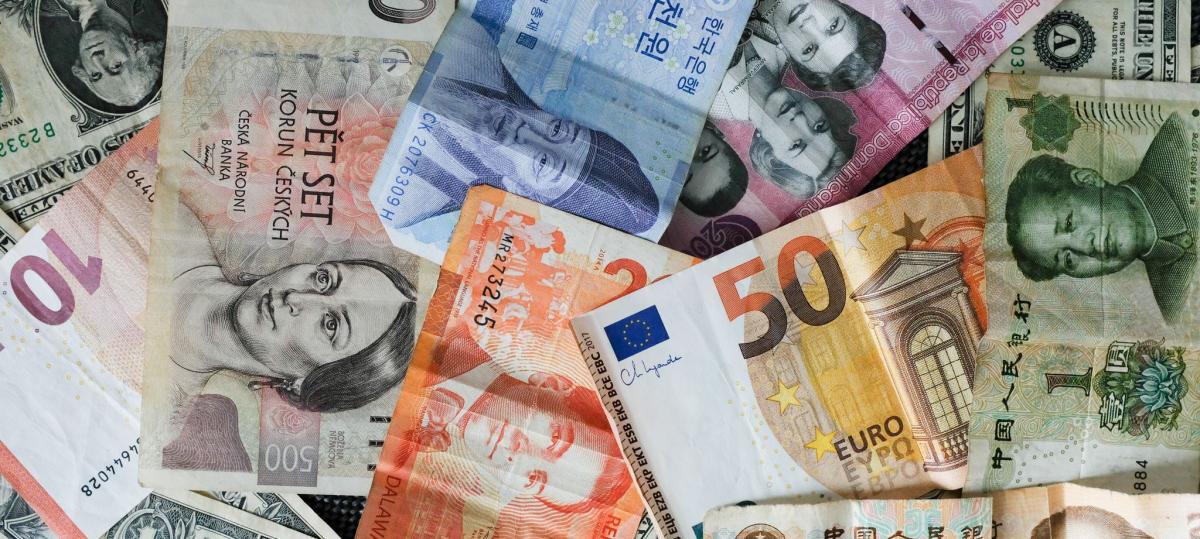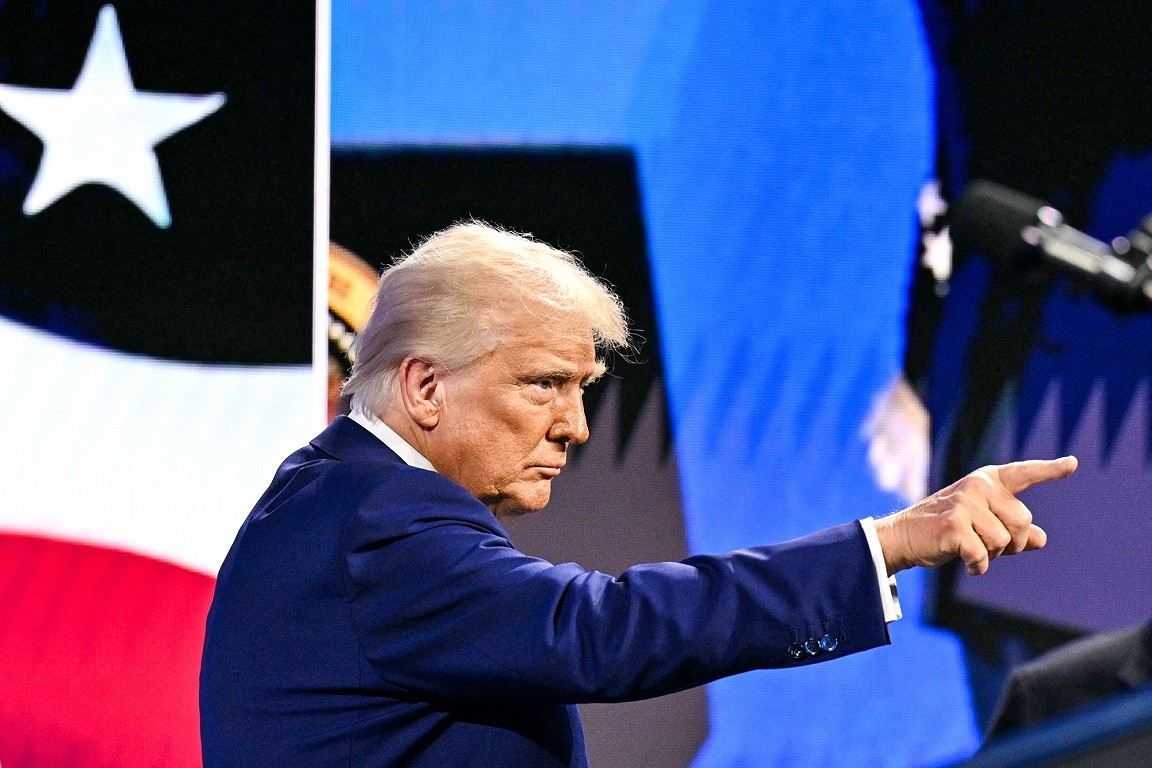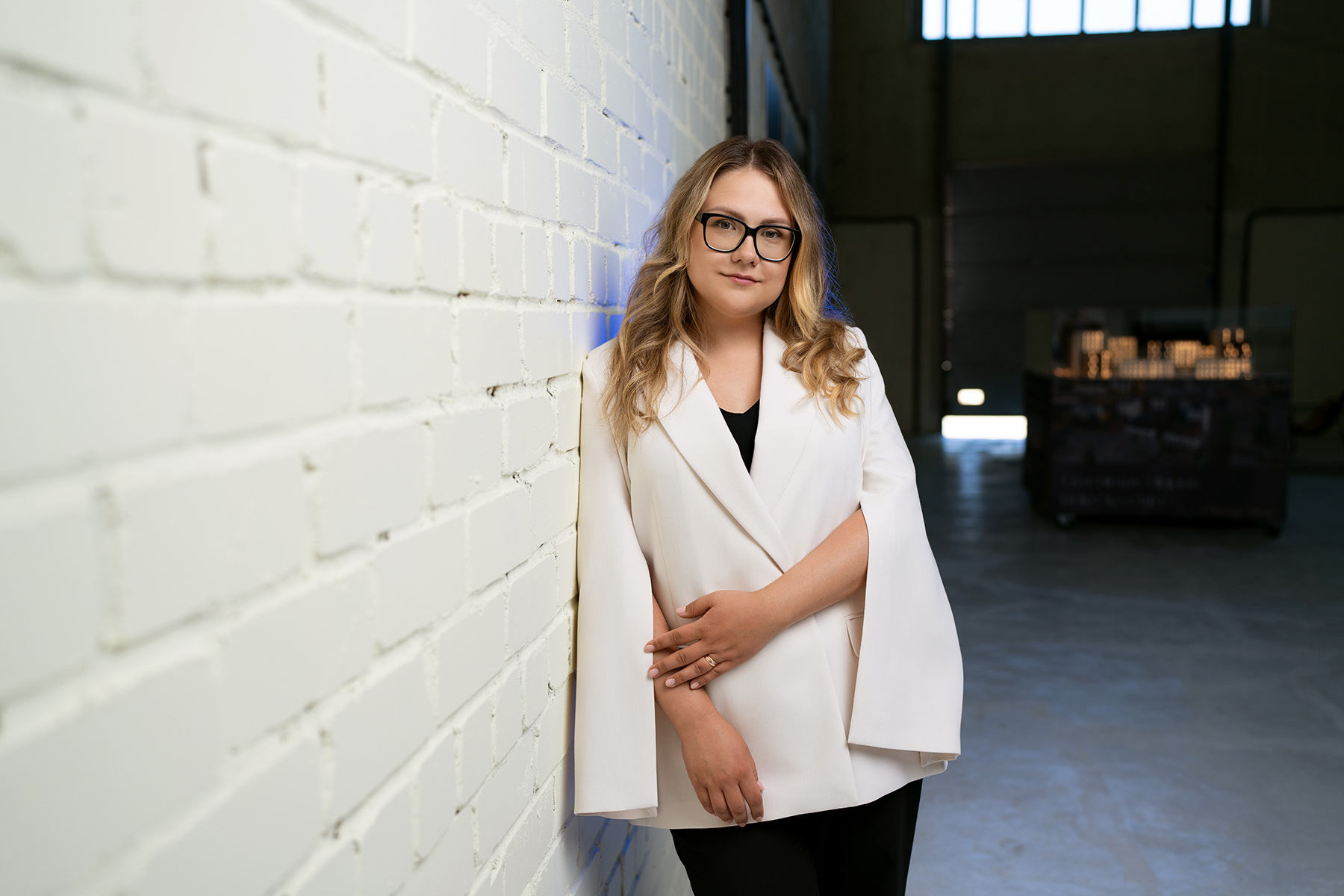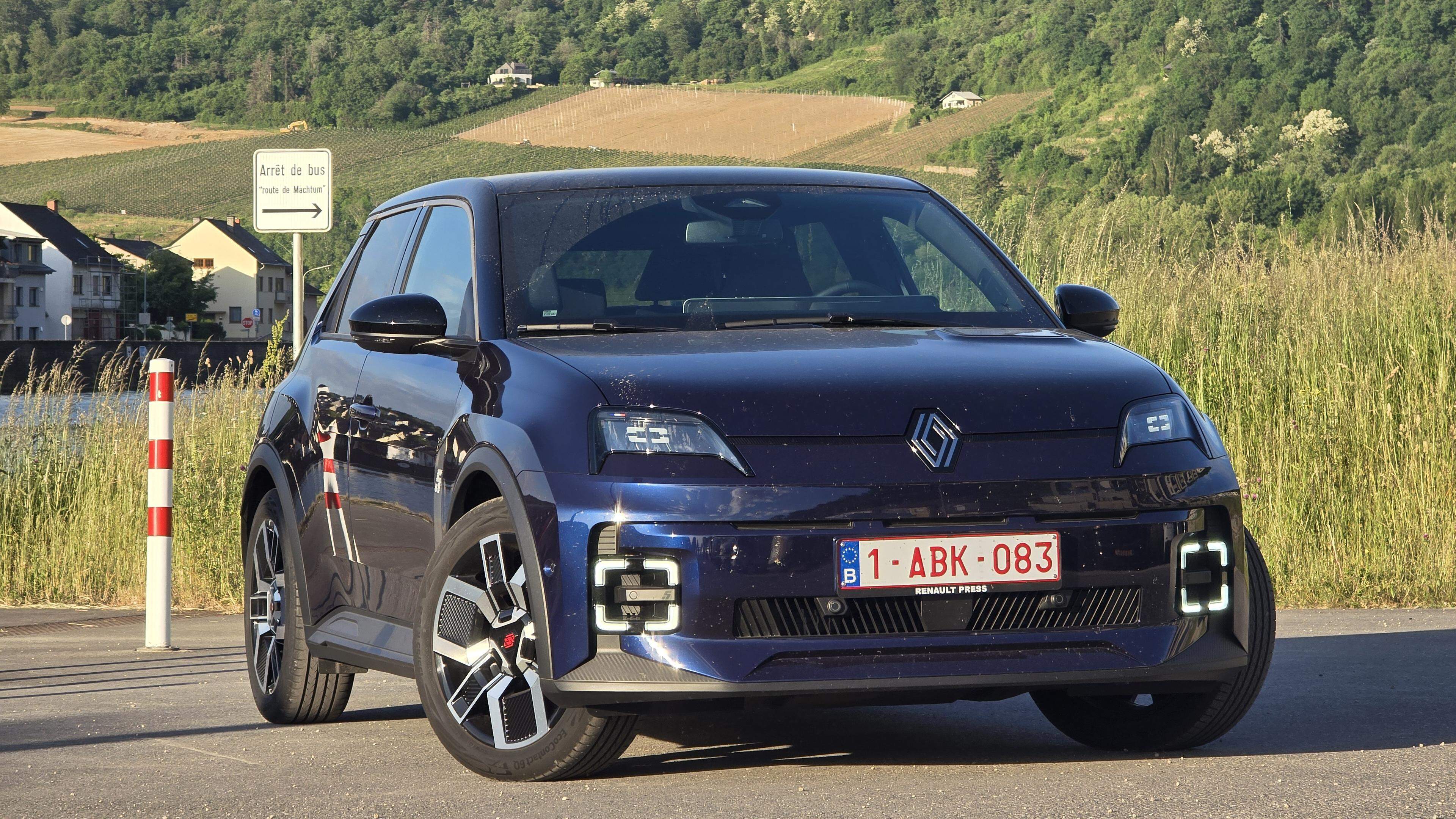Expectations and concerns of German entrepreneurs

There are many things to talk about When Chancellor Friedrich Merz on Thursday in the White House to the US President Donald Trump his first waiting might. Due to the zigzag course of the Trump administration, German companies in the United States are not only « significantly pessimistic » into the future, as a current company survey by the German Chamber of Commerce and Industry (DIHK) shows. The employer -related institute of the German Economy (IW) also reports that local companies invested just 265 million euros in the United States in February and March. According to the IW, it was 4.6 billion euros in the 14 years before. Entrepreneurs from the region have a lot on their heart what Merz could address. We spoke three of them:
Photo: Marcus Merk
Rüdiger Lugert, Managing Director Keim Farben in Diedorf:
You now have the feeling that it has been a long time ago that we shared a common foundation with the Americans. Friedrich Merz should initially tact carefully in the White House and Donald Trump In any case, understand your understanding that Europe spends more money on its security. The whole topic Ukraine In my opinion, he should spare it out. And when Trump and his Vice President JD Vance in front of the cameras on dealing with the AfD Shooting, if he has a decisive impact, it is important to discuss the topic in a personal conversation behind the scenes. I actually believe that it is an advantage that Merz is relatively large. We have already experienced that, Donald Trump likes to appear like the Pöbler in the school yard. It is good if you can physically oppose that.
We want to expand to the USA this year. We currently raise a surcharge for our sales prices for our customers in the USA and also make it clear with a separate award that you have to pay for this additional price due to the US import tariffs. I am always amazed that managers in the USA still believe in what Trump sells as his economic policy. The sound becomes rougher and I already have afraid that, especially in the public area, we could lose orders if « made in Europe » and not « made in USA » on our products. The US market is still large and interesting. But I’m afraid that Trump’s latest plans for tax cuts will lead to immense public debt and a recession in the United States.
Photo: Andreas Mohr, Agco/Fendt
Christoph Gröblinghoff, Fendt (Marktoberdorf):
Friedrich Merz is a long -time transatlantic and has also been able to gain professional experience in the United States. He knows the cultural differences and knows how to adequately place critical topics. For this reason, he will also find the right tone to address the topic of tariffs. The American president sees himself as a businessman. For this reason, he cannot be due to a bad deal. And tariffs would be a very bad deal – especially for its American citizens who would have to pay expensive the price for many import products.
The Fendt brand, with the headquarters in Marktoberdorf, has been part of the American AGCO Group since 1997 With the headquarters in Duluth/Georgia. Belonging to the group had only advantages for us in these 28 years: We have production locations in Europe and the USA that we use a global sales network and we can offer our employees an exciting, international work environment. Good business relationships and trust are part of everyday work for many Fendt colleagues. Our customers, the farmers and farmers, can also be found on both sides of the Atlantic. You buy our machines because you want to combine smart technology with economic use, whether on a Bavarian court or a farm in Indiana. Increased tariffs have an impact on both sides of the Atlantic. The import of delivery parts, components or machines would increase. Products would become more expensive. Nobody can want that.
It is currently mainly uncertainty. As an agricultural technology manufacturer, we see ourselves as part of the agricultural industry. Our machines are developed and built for global agriculture. Farmers worldwide are our customers. The trade tariffs that are currently being discussed between the USA and the EU not only affect agricultural machinery, it is also talked about feed for animals and food. The effects would be sensitive to us. For this reason, an escalation of the trade conflict must be avoided.
Photo: Ralf Lienert
Reinhold Braun, Sortimo (Zusmarshausen):
The focus should be on the current status and future development of transatlantic relationships – both between Germany and the USA and in the larger context of the European Union. It takes a clear dialogue about common strategic goals, economic partnerships and technological cooperation. There is a lot of potential here to use.
The biggest challenge lies in the current unpredictability of political decisions. For Sortimo, the effects of the US government’s customs or trade policy are manageable. We laid out our business model in the USA for local production and thus designed resilient in advance. It is crucial for us to anticipate trends early and to successfully adapt our strategies.










:format(webp)/s3/static.nrc.nl/bvhw/files/2023/05/data98607874-e1791d.jpg)
